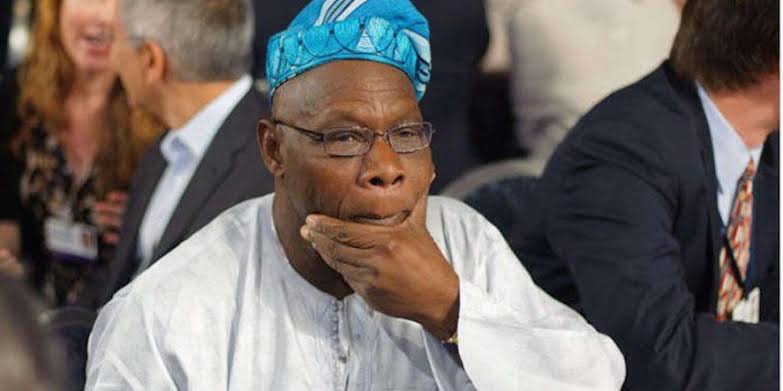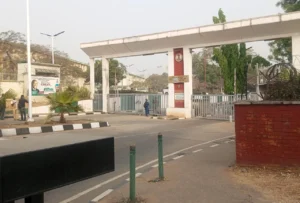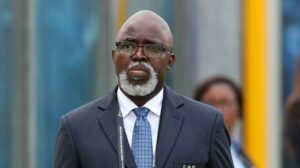Revelations Expose How Ex-President’s Actions Sparked Decades-Long Oil Block Controversy

In a damning account published in his new book “OPL 245: The Inside Story of the $1.3bn Nigerian Oil Block,” former Attorney-General Mohammed Bello Adoke has blamed the roots of the long-running Malabu oil scandal on what he describes as former President Olusegun Obasanjo’s impunity and failure of leadership. The 352-page memoir, scheduled for official launch in Abuja this Thursday, traces the origins of the two-decade dispute to Obasanjo’s decision in 2001 to revoke Oil Prospecting Lease 245 from Malabu Oil & Gas, just five weeks after it had been awarded.
According to Adoke, the revocation followed failed backdoor negotiations involving Dan Etete, the beneficial owner of Malabu, and Otunba Fasawe, a close associate of Obasanjo, who had reportedly been seeking a controlling stake in the oil block. When talks broke down, Obasanjo abruptly stripped Malabu of the lease without official justification, a move Adoke describes as high-handed and “reminiscent of military rule.” He argues that this unilateral action sowed the seeds of a legal storm that would span successive governments, damage investor confidence, and entangle major oil multinationals in international litigation.
Adoke’s account highlights how Obasanjo’s administration, after the revocation, went on to award the same oil block to Shell in 2002 and even approved a $1 million partial payment, thereby complicating the legal status of the asset. Malabu would later challenge the decision in court, resulting in a 2006 out-of-court settlement that Obasanjo himself reportedly endorsed in writing. Despite this, the former president denied any such involvement during Adoke’s 2017 trial for corruption, a denial the former AGF calls “disingenuous” in light of documentary evidence that later emerged.
The book portrays Obasanjo as the architect of the OPL 245 debacle, accusing him of refusing to acknowledge his responsibility even when confronted with evidence. “Obasanjo failed the ultimate leadership test,” Adoke writes. “He created this mess, worsened Nigeria’s investment risks, tarnished our global image, and still refused accountability.” He also claims that President Muhammadu Buhari’s administration exploited Obasanjo’s denials to go after him, using the lingering controversy to build a criminal case that ultimately collapsed in court.
Industry observers note that the OPL 245 saga, which involved Shell and Eni’s controversial $1.1 billion acquisition of the oil block in 2011 and sparked legal proceedings in multiple countries, remains one of the most damaging episodes in Nigeria’s oil sector history. Adoke’s memoir offers the first detailed insider narrative of the political maneuvering and institutional failings that allowed the scandal to drag on for two decades.
The book will be officially launched on July 11, 2024, at the NAF Conference Centre in Abuja and is published by The Conrad Press Ltd in the United Kingdom.



